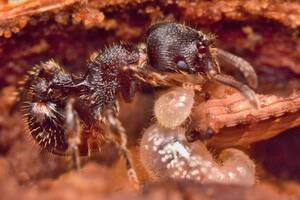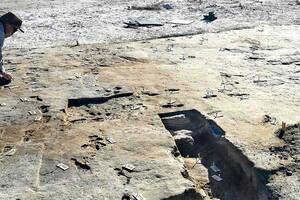Notes
GEOLOGY

A very special diamond
A diamond contains a mineral that has never been seen before
By Redação
PALEONTOLOGY
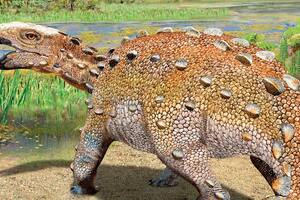
Armed and Armored
A new species of armored dinosaur with a very peculiar tail has been described by Chilean paleontologists
By Redação
BIODIVERSITY
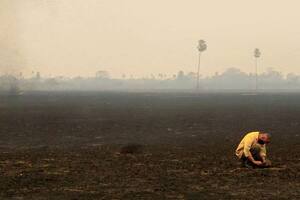
Pantanal wildfires killed 17 million animals
The unprecedented number of wildfires in the Pantanal in 2020 left an extensive trail of destruction, taking the lives of nearly 17 million animals
By Redação
Covid-19

Increasing anxiety and depression
The COVID-19 pandemic has led to 129.4 million new cases of anxiety and depression worldwide
By Redação
Covid-19

Vaccines generate more consistent immune response
The immune response to the novel coronavirus provided by vaccines is more consistent than that triggered by natural infection with SARS-CoV-2
By Redação
Covid-19
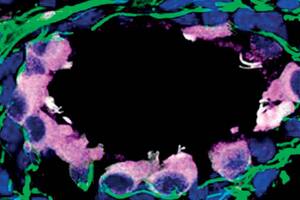
Coronavirus infects the ear
As well as causing a reduced sense of taste and smell, the novel coronavirus can infect inner ear cells, leading to hearing loss and balance problems
By Redação
Covid-19

New COVID-19 drug
An antiviral pill developed by pharmaceutical company Pfizer reduced the risk of death and hospitalization in people recently diagnosed with Covid-19 by 89% compared to a placebo
By Redação
COVID-19
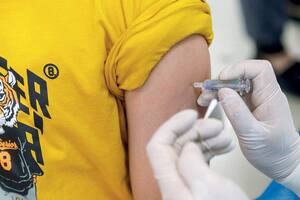
Two vaccines safe for children
The CoronaVac vaccine, produced in Brazil by the Butantan Institute, is safe for children and adolescents, with no major side effects
By Redação
Environment

Colorado River losing water
Water availability for ecosystems and human use is under threat in the Colorado River basin in the southwestern USA
By Redação
Genetics
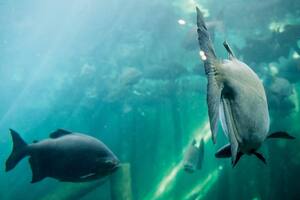
The tambaqui genome
A group of researchers has sequenced and analyzed the genome of the second largest fish in the Amazon
By Redação
Pharmacology

University of Oxford in Brazil
The Brazilian Ministry of Health signed a term of commitment with the University of Oxford, UK, to establish a clinical research and development center in Rio de Janeiro for the British institution’s drugs and vaccines
By Redação
History
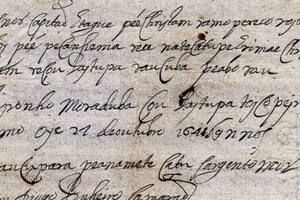
From Tupi to Portuguese
Six letters written in ancient Tupi by indigenous peoples during the Brazilian colonial period have finally been transcribed and translated into Portuguese
By Redação
Chemistry
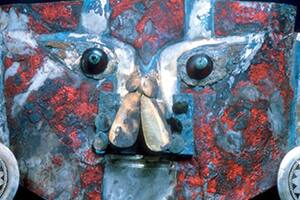
Paint made of mercury and blood
A 1,000-year-old gold mask that belonged to a leader of the Sicán culture was painted with mineral pigment, human blood, and egg white
By Redação
Nutrition

Worst diet for the body and the environment
Consumption of unprocessed or minimally processed foods has fallen over the last 30 years
By Redação
ONMC

Scientists renounce national honor
In an open letter, 21 scientists awarded this year’s National Order of Scientific Merit renounced the honor
By Redação
Geology

Exoplanets with exotic rocks
The rocky planets orbiting stars outside our Solar System may have a very different chemical composition to Earth
By Redação
Biodiversity
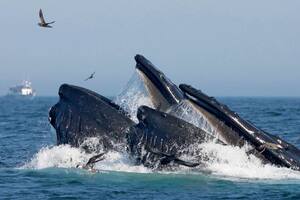
The great ocean fertilizers
Whales are the largest living beings on the planet and play an important role in recycling ocean nutrients
By Redação
COVID-19
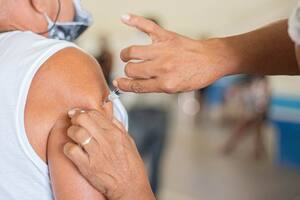
Vaccination in decline
The COVID-19 vaccination pace has been decreasing worldwide
By Redação
Covid-19

A promising antiviral
Molnupiravir reduced COVID-19’s hospitalization and death rate by nearly half in a phase 3 clinical trial of people with mild to moderate infections
By Redação
Covid-19

Preventing new waves without lockdowns
A group of researchers decided to study how the virus could be kept under control without the need for repeated lockdowns
By Redação
Nobel Prize
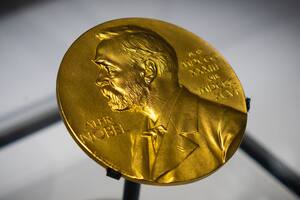
Everything as before
The Royal Swedish Academy of Sciences decided not to award this year’s Nobel Prize to the development of mRNA-based vaccines
By Redação
Zoology

Protozoan fossil in Brazilian amber
Researchers at the Federal University of Rio de Janeiro (UFRJ) have described a new extinct species of protozoan: Palaeohypothrix bahiensis
By Redação
biodiversity

South America’s Endangered Oases
With only 4% of their area protected, fog oases are threatened by urbanization, mining, increased air pollution, and off-road trails
By Redação
Anthropology

Recognition for Indigenous Scholar
Maria Manuela Ligeti Carneiro da Cunha was awarded the Almirante Álvaro Alberto Prize for Science and Technology in the Human and Social Sciences, Languages, and Arts category
By Redação
distinction in the scientific community

New crop of CNPq researchers emeriti
Ten researchers were awarded the title of researcher emeritus by the Brazilian National Council for Scientific and Technological Development (CNPq)
By Redação
Climate Change
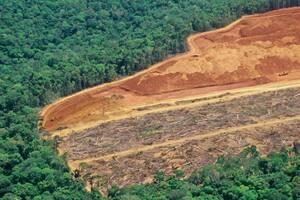
The Amazon could be an inhospitable savanna by 2100
The Amazon could be an inhospitable savanna by 2100
By Redação
Chemistry

The Lavoisiers, transformed
Researchers discovered important differences in the original composition of the iconic portrait of Antoine Lavoisier and his wife
By Redação

